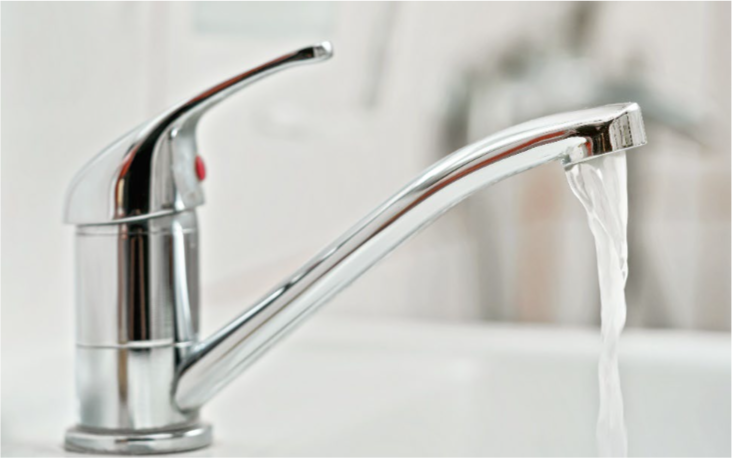
A final report recently released by the Environmental Protection Agency provided a comprehensive review of St. Croix’s water supply involving test results indicating lead and copper in the system. The EPA has issued recommendations for residents to continue safely consuming drinking water.
The EPA noted that while lead and copper were detected during water tests conducted in September 2023, the agency acknowledged that initial results exposing extremely high levels of lead and copper in the water system were likely not reaching households across the island.
“The sequential sampling data indicates that there are sources of lead in the premise plumbing and around the water distribution meters, including brass connections, [and] actions should be taken to address the lead to prevent exposure,” the EPA report said. “However, the high levels of lead found during the distribution meter sampling are likely not reaching household taps,” the report continued.
The news that contaminants are likely not flowing into homes across the island is reassuring. However, the EPA has advised that the Virgin Islands Water and Power Authority should take several steps before lifting a “do not drink” recommendation due to the potential for contaminants caused by issues such as the corrosion of pipes.
“It is important to note that while there is no safe level of lead exposure, lead contamination of drinking water can result from corrosion of the leaded plumbing materials,” the EPA explained.
“EPA recommends that before the “do not drink” recommendation is lifted for WAPA customers, WAPA [should] develop and implement an outreach/education campaign so that customers know how to take steps to protect themselves from lead exposure,” the report continued.
Advice for WAPA included measures such as conducting more frequent water tests, improving corrosion control, replacing any lead plumbing devices, and flushing water mains.
The EPA provided a list of suggestions for residents to ensure they drink clean water, including the following recommendations.
- Clean faucet aerators
Many kitchen and bathroom taps have an aerator as part of the faucet assembly. Faucet aerators serve to introduce air into the water flow and help with water conservation. Aerators are not intended to remove inorganic contaminants; however, screens that are part of the aerator may trap particulate matter or debris within the faucet. Aerators should be regularly cleaned to remove particulate matter and prevent lead-bearing particulates from leaching lead into drinking water.
- Flush your water at the tap prior to consuming water.
Before drinking, flush your home’s pipes by running water at the tap. Flushing involves opening taps and letting the water run to remove water that has stagnated in pipes, faucets and fixtures.
- Filter your water to provide additional protection.
Point-of-use or pitcher water filters can be used, either alone or in combination with flushing, to reduce exposure in water used for drinking and cooking. Flushing your water prior to filtering can maximize the effectiveness of the filter and provide additional protection.
- Install lead-free premise plumbing.
When replacing your plumbing, ensure that the new plumbing materials comply with the current lead-free requirements.
Interested parties can read the entirety of the EPA’s final report on the agency’s website.





